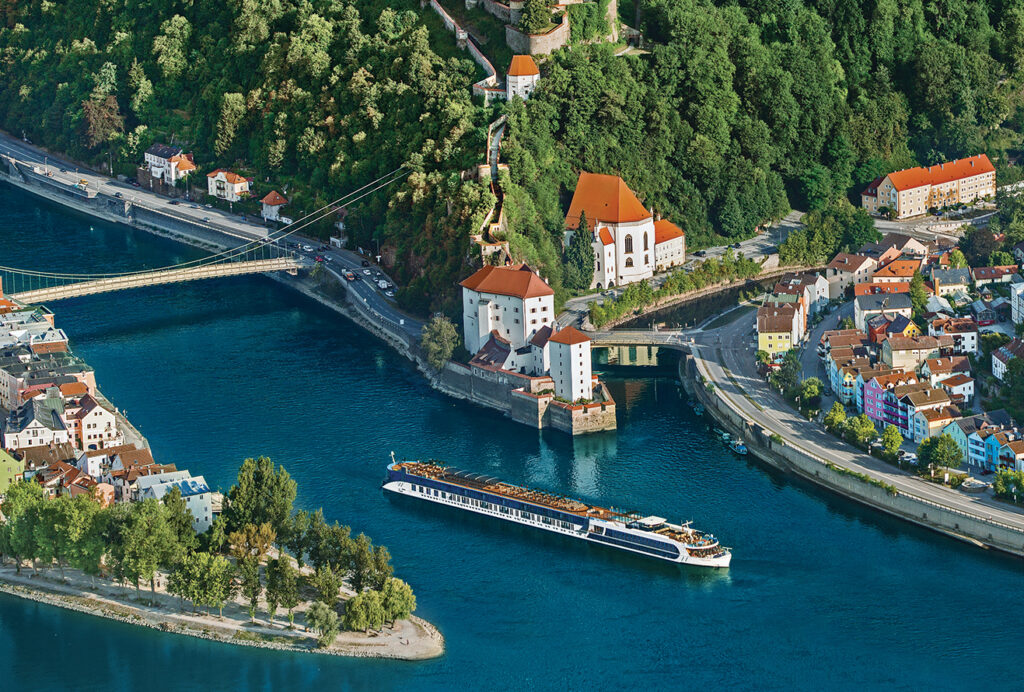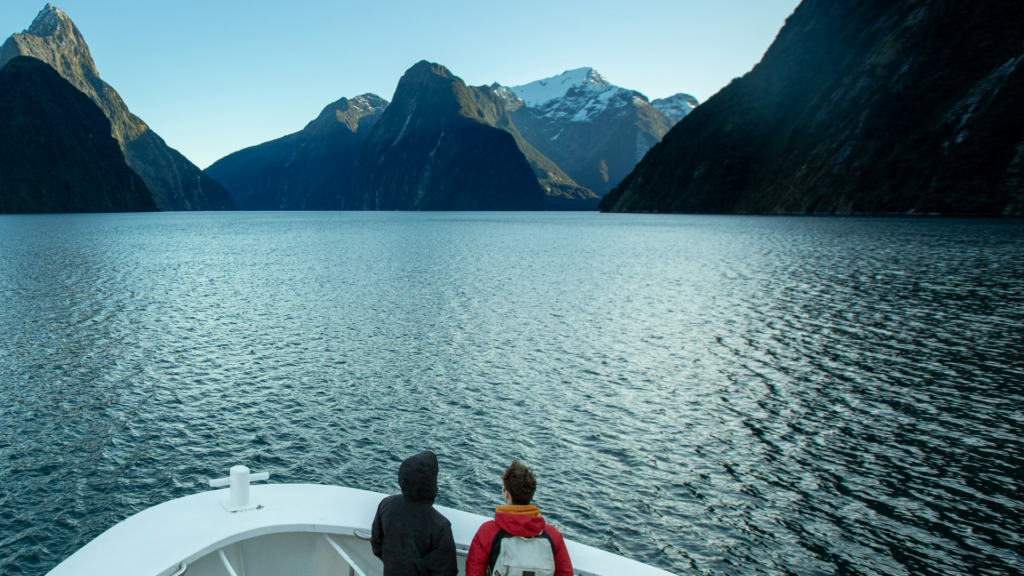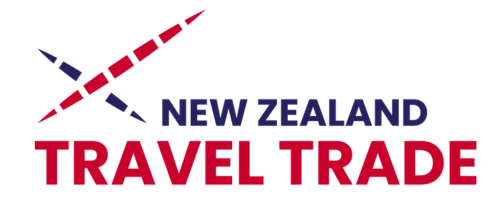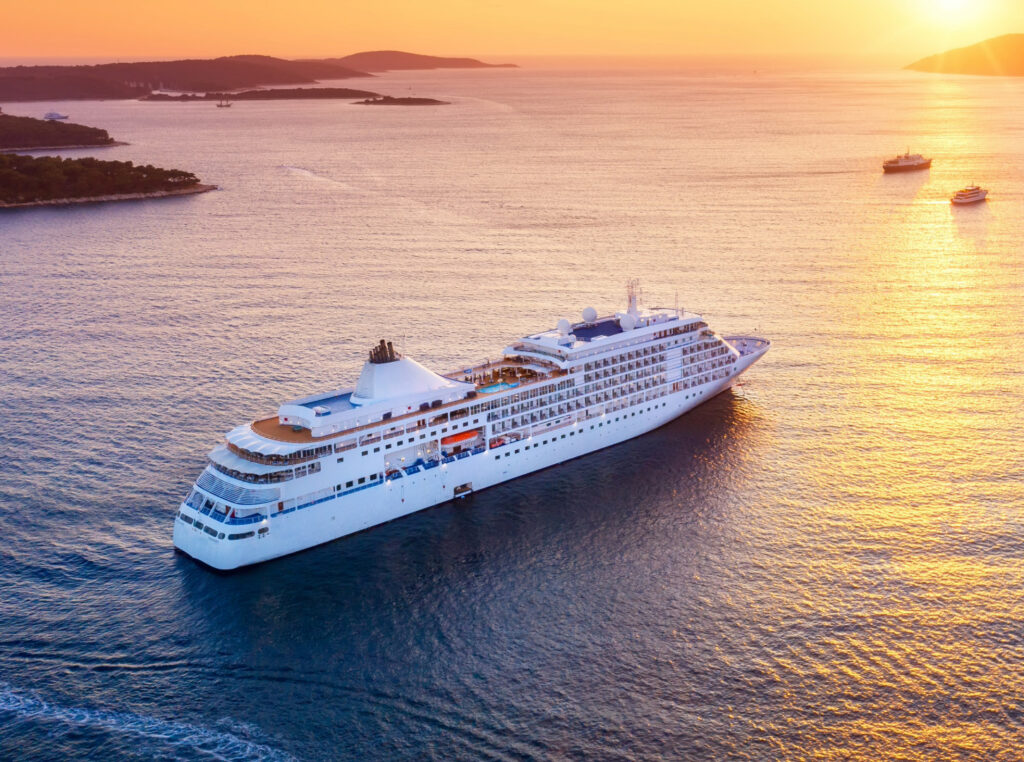New Zealand Cruise Association Launches First-Ever National Cruise Strategy – a comprehensive blueprint designed to steer the popular cruise industry towards a sustainable and prosperous future.
‘Cruise Aotearoa New Zealand 2040’, aims to bring a unified approach to the growth and management of a sector which encompasses many players and has grown organically, necessitating a cohesive plan to guide its future.
By focusing on three key principles – driving value, partnering to empower and continuous improvement and working through three strategic horizons, Cruise Aotearoa New Zealand 2040 aims to drive collaboration among government, industry, communities and ports to achieve balanced outcomes across the cruise ecosystem.

The immediate priorities for Horizon 1 include unlocking valuable data to inform decision-making; activating strategic communications to build support and awareness; building strong partnerships across the sector; engaging government stakeholders to ensure alignment with national priorities; and integrating national and regional operations to create a cohesive and efficient cruise industry.
More on Horizon 1 priorities:
- Unlocking valuable data to inform decision-making: This is imperative for evidence-based decision- making, providing substance for business cases for infrastructure, and informing communications to facilitate a change in the narrative.
- Activating strategic communications to build support and awareness: Collectively, we need to own the narrative and tell a consistent, positive story to help shift understanding and cruise misconceptions.
- Engaging government stakeholders to ensure alignment with national priorities: Building strong relationships and trust with key government agencies and regional and local governments will facilitate understanding, opportunities and prioritisation throughout the government system.
- Building strong partnerships across the sector: We need to activate more resources by establishing, improving or fully realising partnerships that leverage the capabilities of others. In doing so, we can create more robustness in the New Zealand cruise system.
- Integrating national and regional operations to create a cohesive and efficient cruise industry: Ideally, we will establish best practices for national consistency in port regions that will lift efficiency, reduce community impact, and most importantly, raise the quality of the visitor experience nationwide.

The NZCA Aspirational 2040 Goals
Economic Goal: $1 billion cruise expenditure contribution by 2040.
Environmental Goal: Net carbon zero tourism supply chain by 2040 and by 2050 for cruise lines.
Visitor Goal: 90 per cent of international cruise visitors are satisfied with their experience in New Zealand, and New Zealand regions have a 90 per cent average NPS.
Community Goal: Cruise tourism supports and benefits iwi, and 90 per cent of New Zealanders think cruise tourism is good for New Zealand.
Cruise Lines International Association (CLIA) Managing Director, Australiasia, Joel Katz said that New Zealand has an opportunity to strengthen the tourism economy by adopting a National Cruise Strategy.
“Cruise tourism is worth many hundreds of millions of dollars a year to the New Zealand economy, so adopting a comprehensive national strategy is vital to support its development in a positive and sustainable way. Thousands of New Zealand jobs are supported by cruise tourism, which spreads economic benefits far beyond the major gateways to reach regional destinations right around the country. New Zealand is also one of the world’s most rewarding cruise destinations and consistently rates highly among international visitors”, said Joel.
He also outlined that involving government, industry, destinations and other stakeholders is a vital step towards long-term prosperity of the cruise sector.
“By taking a whole-of-government approach and adopting a national strategy to foster cruise tourism, New Zealand has an opportunity to strengthen its tourism economy and create lasting benefits for local businesses and communities. Overcoming regulatory complexities and high operating costs are essential if New Zealand is to fully benefit from the potential of cruising. The cohesive approach outlined by the NZCA – involving government, industry, destinations and other stakeholders – is a vital step towards long-term prosperity and positive tourism management in New Zealand”, added Joel.
Jacqui Lloyd, CEO of NZCA, is confident the strategy will see a collaborative cruise sector with stakeholders aligned behind a shared direction.
“Regularly reviewing and adjusting this strategy will be crucial to navigating unexpected changes and ensuring continuous improvement”, said Jacqui.
Tansy Tompkins, the Chair of NZCA, says Cruise Aotearoa New Zealand 2040 comes at a critical time, with the industry facing ever-changing geopolitical and economic factors.
“The industry has shown remarkable resilience in the post-Covid tourism recovery and is now one of the fastest-growing travel sectors globally. But despite a robust 2023/24 season, New Zealand is anticipating a 15-20 per cent reduction for 2024/25 and beyond because of increased costs to operate, global competition and geopolitical risks. This underscores the need for a long-term vision that aligns stakeholders, addresses emerging challenges, and ensures sustainable growth”, said Tansy.



